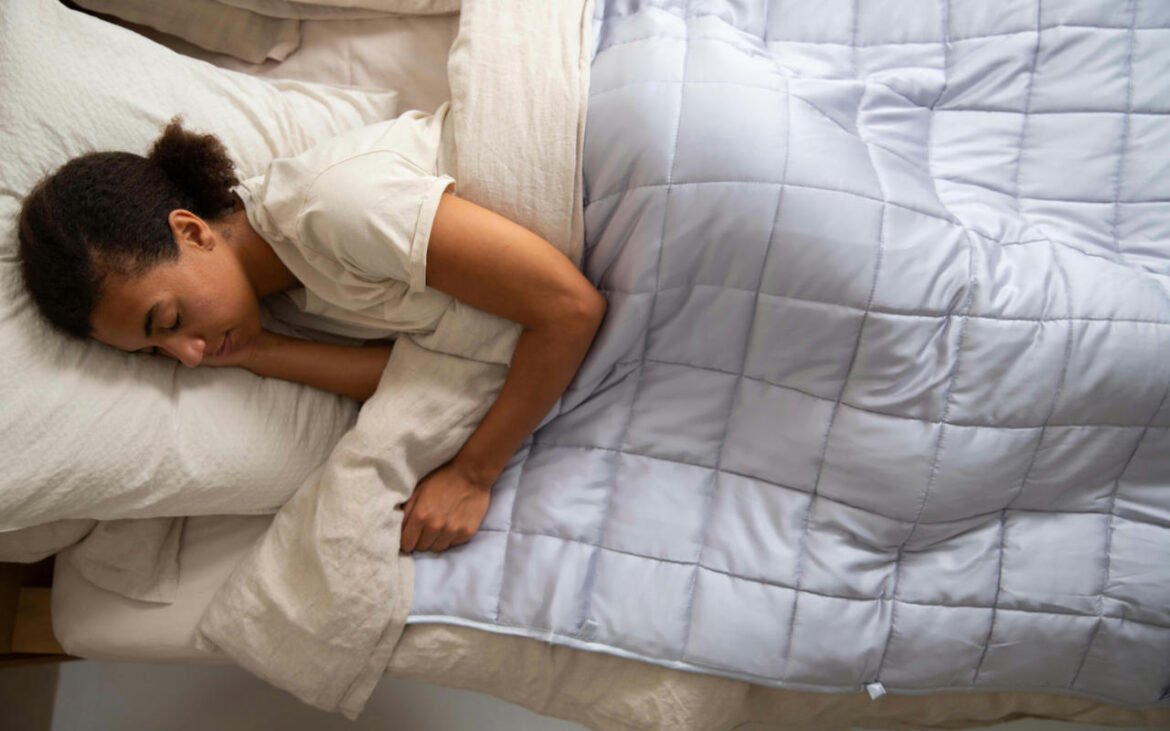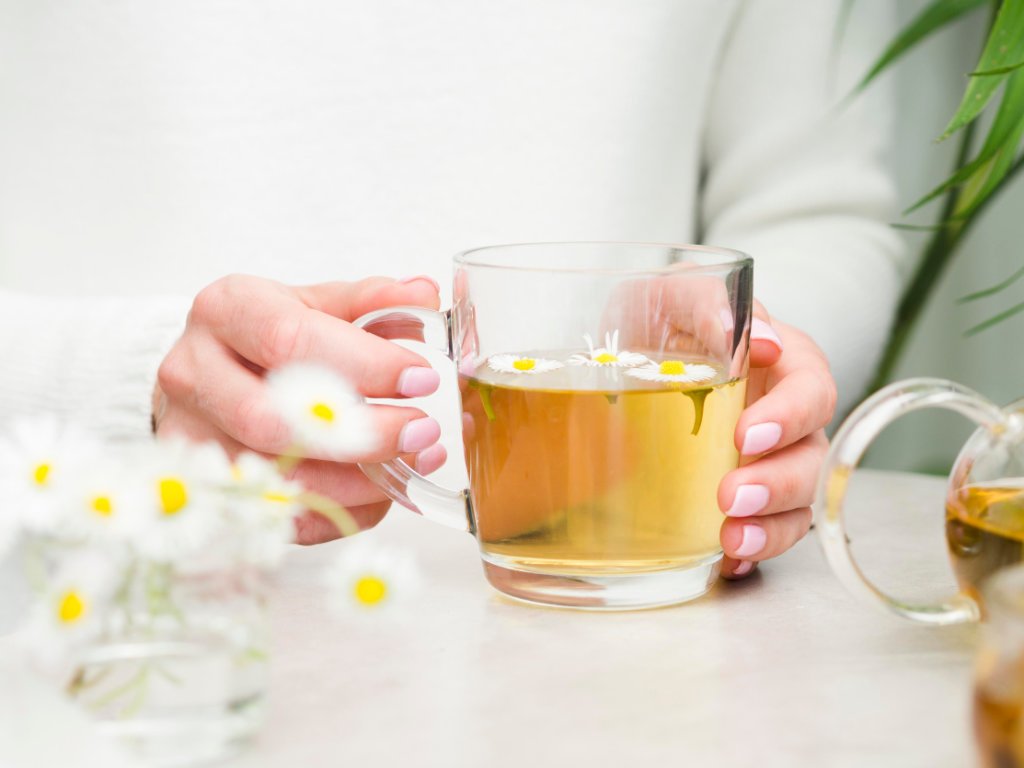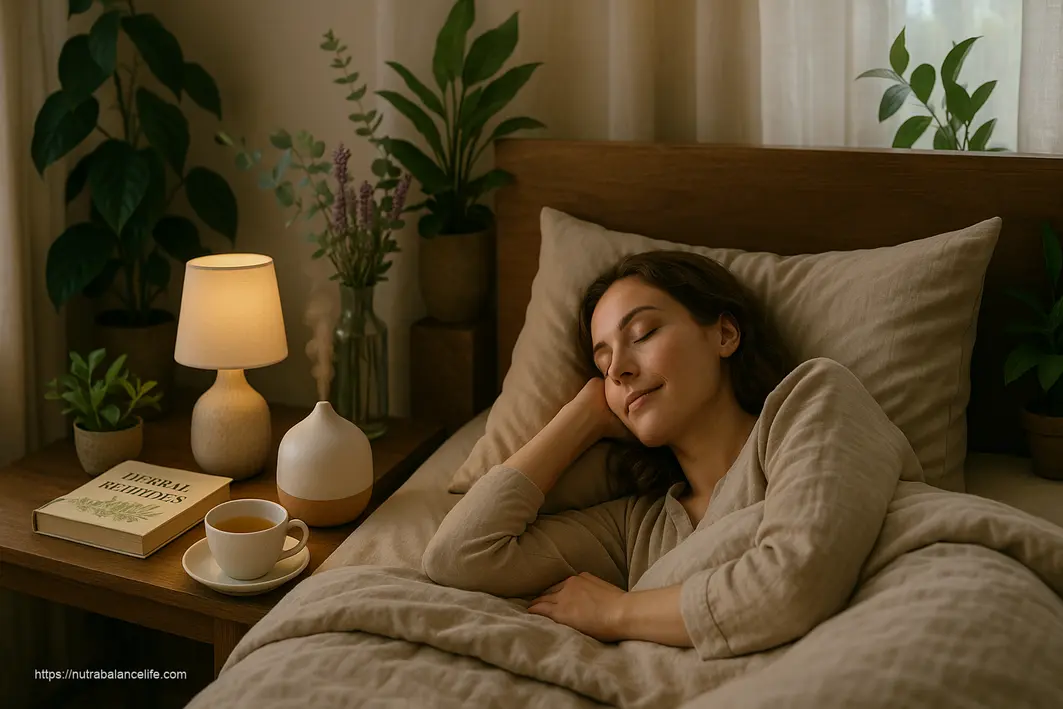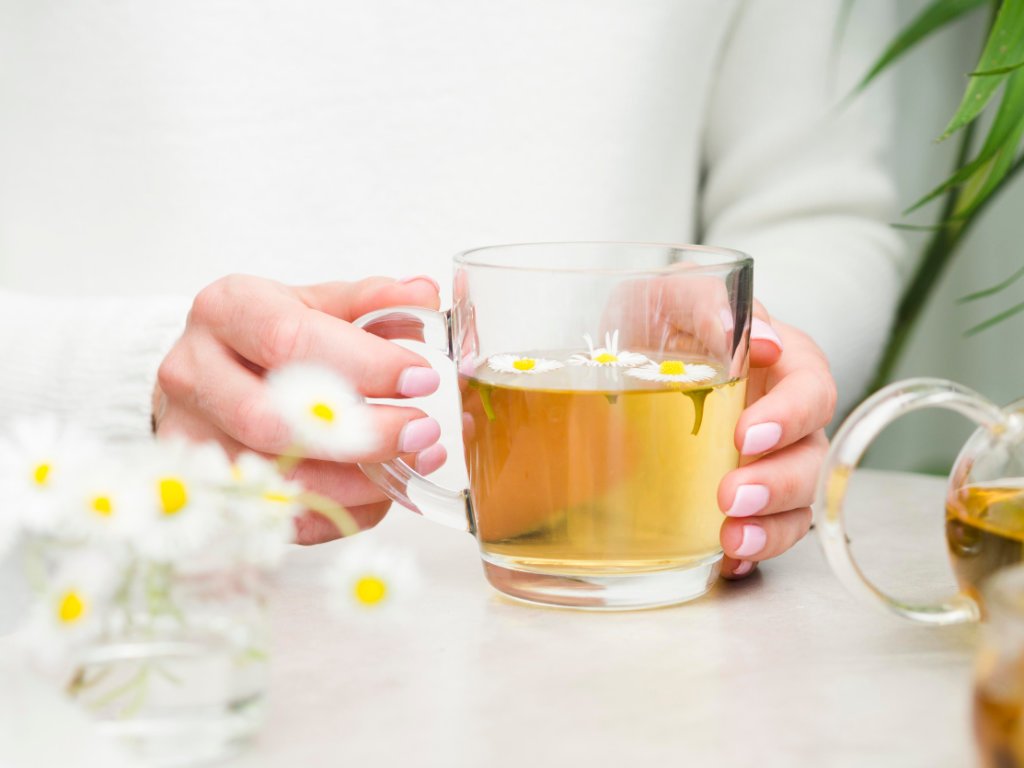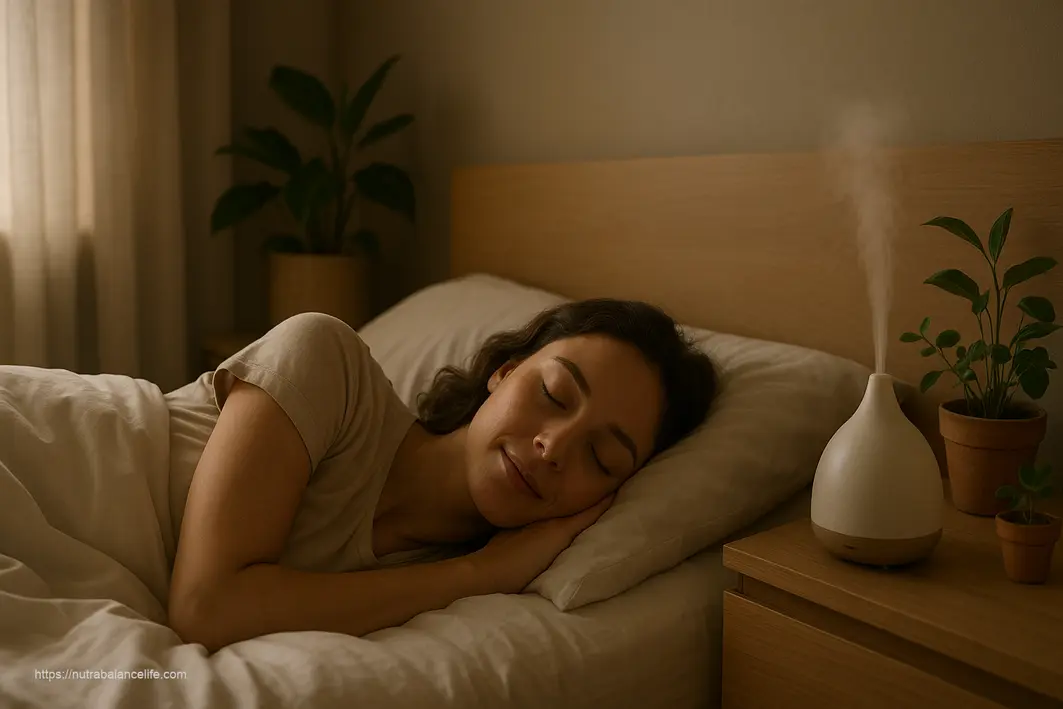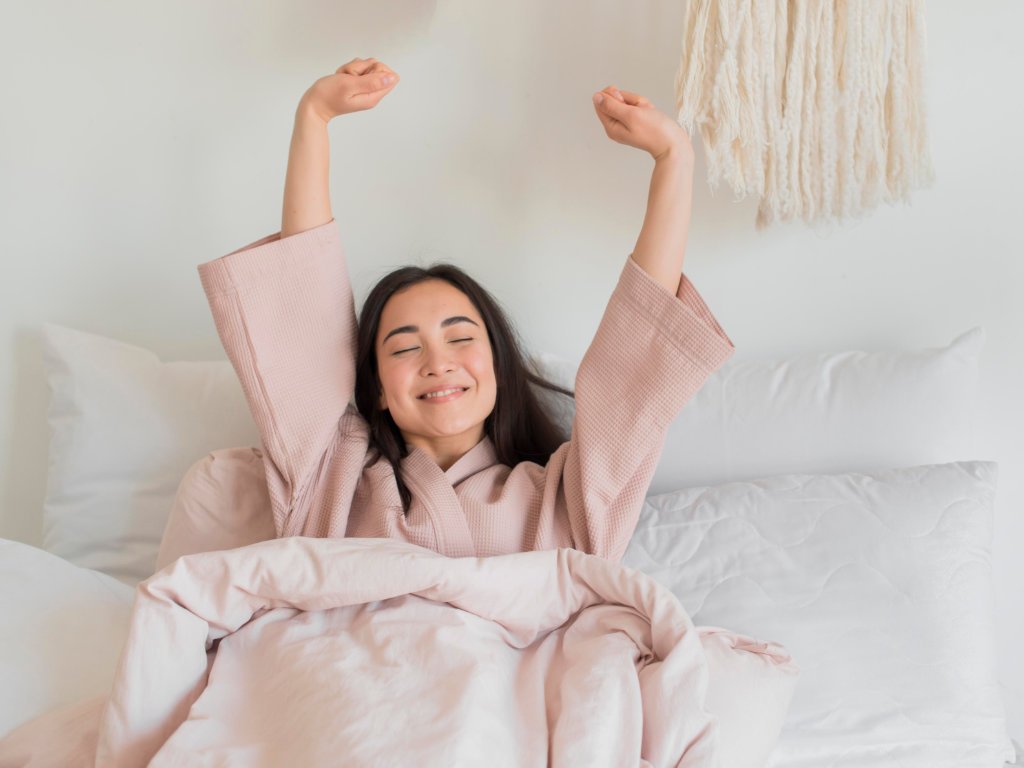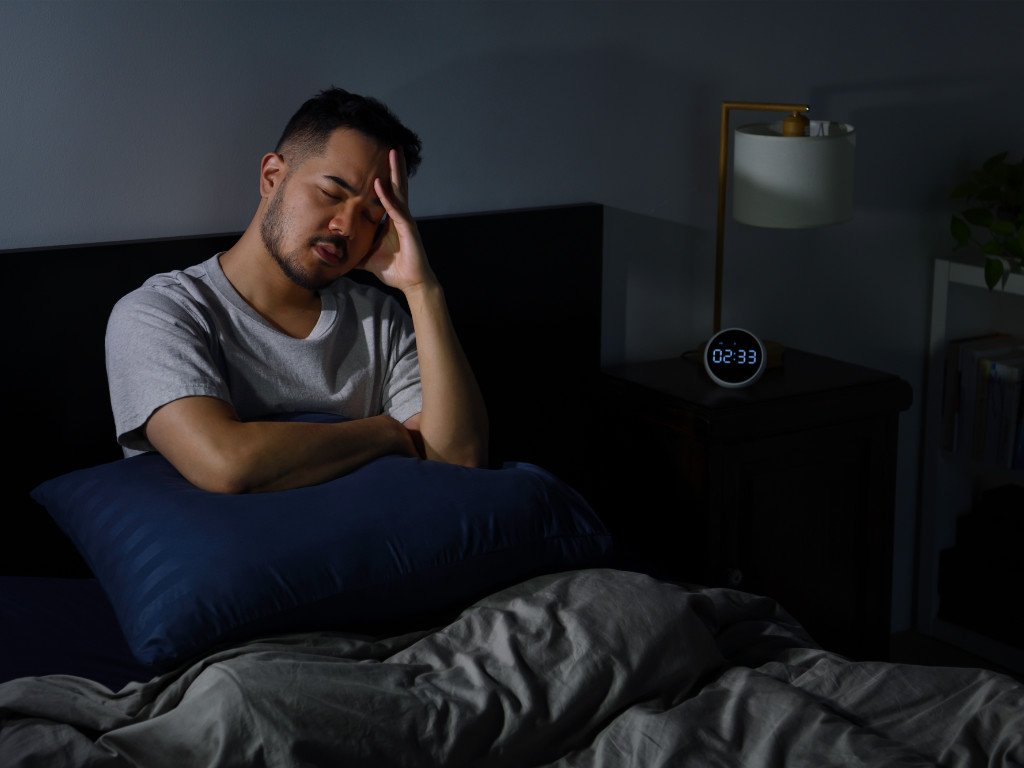Are you lying awake at 2 AM, counting sheep for the hundredth time while your mind races through tomorrow’s to-do list? You’re not alone. Millions of people struggle with sleep issues every night, tossing and turning instead of getting the restorative rest their bodies desperately need. But before you reach for that prescription sleep medication, let’s explore the world of natural sleep aids – gentle, effective alternatives that can help you drift off to dreamland without the groggy hangover or dependency risks.
Quality sleep isn’t just a luxury; it’s essential for your physical health, mental well-being, and overall quality of life. When you don’t get enough shut-eye, everything suffers – your mood, memory, immune function, and even your waistline. The good news? Nature has provided us with a treasure trove of gentle remedies that can help restore your natural sleep rhythm without harsh chemicals or side effects.
Understanding Sleep Problems: Why Can’t We Just Sleep?
Sleep troubles don’t just appear out of nowhere. There’s usually a perfect storm of factors working against your Z’s. Stress is the biggest culprit – when your mind is racing with worries about work, relationships, or finances, your body stays in fight-or-flight mode instead of shifting into rest-and-digest.
Then there’s our modern lifestyle. We’re glued to screens until bedtime, flooding our brains with blue light that tricks our bodies into thinking it’s still daytime. Add irregular schedules, too much caffeine, late dinners, and boom – you’ve got a recipe for sleepless nights.
According to the CDC, about one-third of American adults consistently get less than the recommended seven hours of sleep per night. This chronic sleep deprivation isn’t just about feeling tired – it’s linked to serious health issues like obesity, heart disease, diabetes, and depression.
What Are Natural Sleep Aids?
Natural sleep aids are plant-based supplements, herbs, vitamins, minerals, or naturally derived substances designed to help you fall asleep faster or stay asleep longer. Unlike prescription medications, these gentle alternatives work with your body’s natural processes rather than forcing drowsiness through chemical intervention.
The beauty of natural sleep aids lies in their gentleness. They’re typically non-habit-forming and come with fewer side effects than pharmaceutical options. However, “natural” doesn’t automatically mean “harmless” or “unregulated,” so it’s important to choose quality products and understand what you’re taking.
Think of natural sleep aids as your body’s gentle nudge toward relaxation, rather than a pharmaceutical knockout punch. They support your natural sleep mechanisms instead of overriding them.
Herbal Sleep Aids: Nature’s Sleep Pharmacy
Valerian Root: The Time-Tested Sleep Helper
Valerian root has been used for sleep troubles since ancient Greek and Roman times, and modern research backs up its traditional use. Several studies suggest that valerian can reduce the time it takes to fall asleep and improve overall sleep quality, particularly for menopausal women dealing with hot flashes and night sweats.
But here’s the thing about valerian – it doesn’t work the same for everyone. Some people experience deeper, more restful sleep, while others might feel groggy the next morning or even more alert (talk about backfiring!). The key is starting with a small dose and seeing how your body responds.
Chamomile: More Than Just a Pretty Tea
You’ve probably sipped chamomile tea when feeling stressed, and there’s science behind that cozy ritual. Chamomile contains compounds that bind to brain receptors associated with sleepiness and relaxation. While the research is still limited, many people find that a warm cup of chamomile tea about 30 minutes before bedtime helps them unwind.
The ritual itself matters too. Taking time to brew and slowly sip a warm beverage signals to your brain that it’s time to slow down and prepare for sleep.
Melatonin: Your Body’s Natural Sleep Hormone
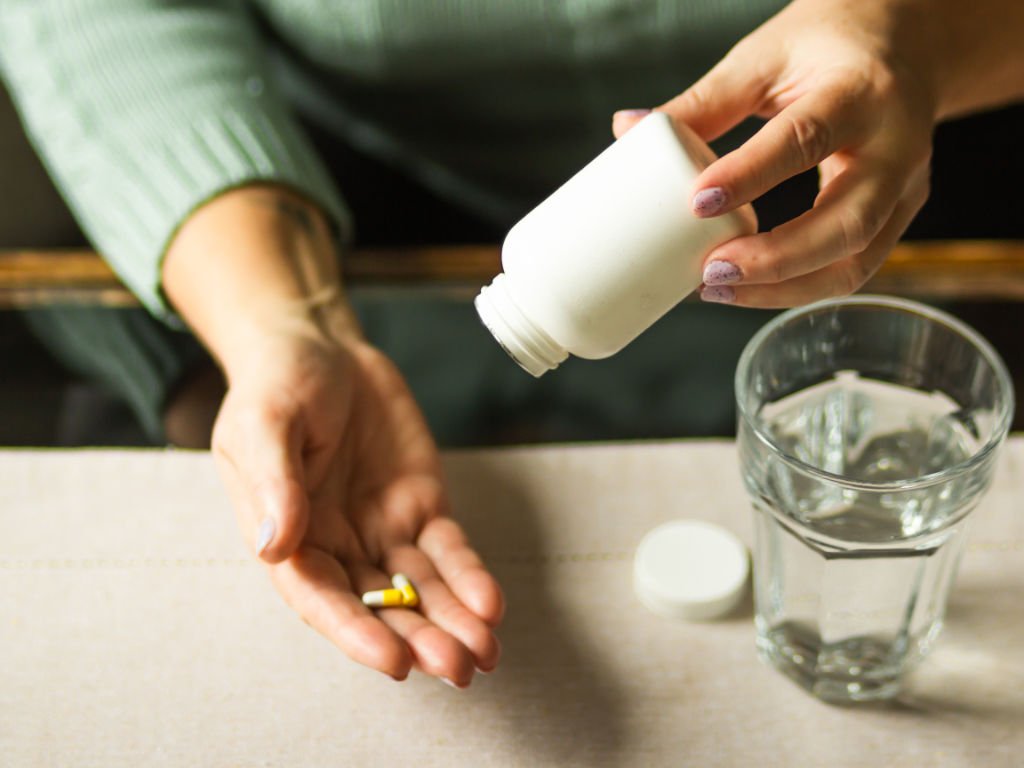
Melatonin isn’t technically an herb, but it’s naturally produced by your pineal gland as darkness falls. Modern life – with its artificial lighting and screen time – can disrupt natural melatonin production, leaving you alert when you should be sleepy.
Research shows that melatonin supplements can be particularly helpful for older adults, whose natural melatonin production declines with age. It’s also useful for shift workers and people dealing with jet lag. The effect is generally modest but consistent – you might fall asleep 10-15 minutes faster and experience slightly deeper sleep.
Lavender: The Scent of Serenity
Lavender works primarily through aromatherapy, though you can also take it as a supplement. The calming scent has been shown to slow heart rate, lower blood pressure, and promote relaxation. Some studies suggest that lavender oil can improve mild insomnia and increase the amount of deep, restorative sleep.
You can add a few drops of lavender essential oil to your pillow, use a diffuser in your bedroom, or even grow lavender plants on your windowsill for natural aromatherapy.
Passionflower and Hops: The Gentle Duo
Passionflower has been used traditionally for anxiety and sleep issues. Small studies suggest it might help reduce anxiety and improve sleep quality, though more research is needed. Hops – yes, the same ones used in beer – have mild sedative properties and are often combined with other herbs in sleep formulas.
Sleep Remedies for Different Types of Sleeplessness
Not all sleep problems are created equal, and different natural sleep aids work better for specific issues:
Can’t fall asleep? Melatonin and valerian root are your best bets. Take melatonin 30-60 minutes before your desired bedtime, and valerian about an hour before you want to sleep.
Waking up frequently? Magnesium and chamomile might help. Magnesium supports muscle relaxation and nervous system function, while chamomile’s gentle effects can help you stay in a relaxed state throughout the night.
Racing thoughts? L-theanine (found in green tea) promotes alpha brain waves associated with relaxation without drowsiness. Pair it with some meditation techniques for mental peace for maximum benefit.
Stress-related insomnia? Adaptogenic herbs like ashwagandha can help your body better manage stress hormones that interfere with sleep.
Improving Sleep Hygiene: The Foundation of Good Sleep
Before diving into supplements, let’s talk about sleep hygiene – the habits and environment that set you up for successful sleep. Think of this as the foundation; natural sleep aids are just the finishing touches.
Create Your Sleep Sanctuary
Your bedroom should be a temple of rest. Keep it cool (around 65-68°F), dark (blackout curtains are your friend), and quiet (consider a white noise machine if you live in a noisy area). Remove electronics or at least put them in “do not disturb” mode.
Establish a Consistent Sleep Schedule
Your body loves routine. Try to go to bed and wake up at the same time every day, even on weekends. Yes, even on weekends! This helps regulate your internal clock and makes falling asleep easier over time.
The 3-2-1 Rule
Three hours before bed: no more large meals. Two hours before bed: no more work or stressful activities. One hour before bed: no more screens or bright lights. This gives your body time to wind down naturally.
Lifestyle Changes for Better Sleep
Diet and Sleep: What You Eat Matters
What you eat and when you eat it can significantly impact your sleep quality. Avoid caffeine after 2 PM – it stays in your system for 6-8 hours, so that afternoon coffee might still be keeping you awake at midnight.
Alcohol might make you feel drowsy initially, but it disrupts your sleep cycles later in the night, leading to fragmented, less restorative sleep. If you do drink, try to finish at least 3 hours before bedtime.
Consider incorporating foods rich in tryptophan (turkey, milk, bananas), magnesium (nuts, seeds, leafy greens), and complex carbohydrates (oats, quinoa) into your evening routine. These nutrients support natural sleep processes.
Exercise: Tire Your Body, Calm Your Mind
Regular physical activity is one of the most effective natural sleep aids available. Even just 10 minutes of daily aerobic exercise can improve sleep quality. Exercise helps reduce stress hormones, tire your body physically, and regulate your circadian rhythm.
However, timing matters. Vigorous exercise within 3-4 hours of bedtime can be stimulating and counterproductive. Gentle activities like yoga or stretching are fine closer to bedtime and can actually help you relax.
If you’re just starting your fitness journey, check out these essential exercises for women’s fitness to build a routine that supports both your health and sleep goals.
Stress Management: Calm the Mind
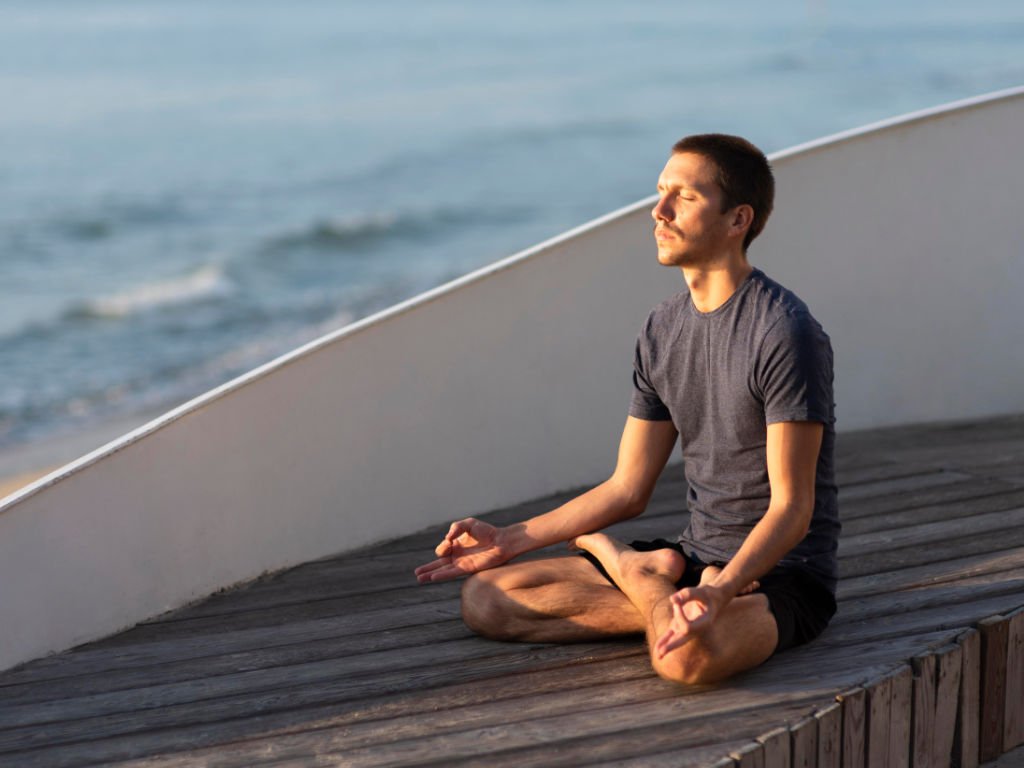
Chronic stress is sleep’s worst enemy. When you’re stressed, your body produces cortisol, which keeps you alert and makes it difficult to fall asleep. Incorporating stress management techniques into your daily routine can dramatically improve your sleep quality.
Try mindfulness techniques during the day to prevent stress from building up. Even five minutes of deep breathing or meditation can help reset your nervous system.
Natural Insomnia Relief Techniques
Progressive Muscle Relaxation
This technique involves tensing and then releasing different muscle groups throughout your body, starting with your toes and working your way up to your head. It helps release physical tension and signals to your brain that it’s time to relax.
Deep Breathing Exercises
The 4-7-8 breathing technique is particularly effective: inhale for 4 counts, hold for 7 counts, exhale for 8 counts. This activates your parasympathetic nervous system and promotes relaxation.
Visualization and Guided Imagery
Instead of counting sheep, try visualizing a peaceful, relaxing scene in detail. Engage all your senses – what do you see, hear, smell, and feel? This gives your mind something calming to focus on instead of worries or tomorrow’s tasks.
Mindfulness Meditation
Research shows that mindfulness meditation can reduce sleep latency (time to fall asleep) and improve overall sleep quality. You don’t need to be a meditation master – even five minutes of focusing on your breath can help.
Creating the Perfect Bedtime Routine
Your bedtime routine should start about an hour before you want to be asleep. Here’s a sample routine that incorporates natural sleep aids:
1 hour before bed: Dim the lights and put away electronics. Brew a cup of chamomile tea or take your chosen herbal supplement.
45 minutes before bed: Take a warm bath or shower. The rise and fall in body temperature mimics your natural circadian rhythm and promotes sleepiness.
30 minutes before bed: Do some gentle stretching, read a book, or practice gratitude journaling. If you’re using lavender essential oil, now’s the time to add a few drops to your pillow or start your diffuser.
15 minutes before bed: Practice deep breathing or progressive muscle relaxation in bed.
When Natural Isn’t Enough: Knowing When to Seek Help
While natural sleep aids and good sleep hygiene can work wonders for many people, sometimes professional help is necessary. Consider seeing a healthcare provider if:
- Your sleep problems persist for more than a few weeks despite trying natural remedies
- You experience severe daytime fatigue that affects your work or safety
- You snore loudly or stop breathing during sleep (signs of sleep apnea)
- You have persistent early morning awakening with inability to fall back asleep
- Sleep problems are accompanied by mood changes, anxiety, or depression
Sleep disorders like sleep apnea, restless leg syndrome, or chronic insomnia may require medical intervention. Natural sleep aids can be helpful complementary treatments, but they shouldn’t replace proper medical evaluation and treatment when needed.
Combining Natural Sleep Aids Safely
Many people wonder about combining different natural sleep aids for better results. While it can be effective, it’s important to do it safely:
Start with one remedy at a time to see how your body responds. Once you know how individual supplements affect you, you can carefully combine complementary ones.
Safe combinations might include:
- Melatonin + magnesium
- Chamomile tea + lavender aromatherapy
- Valerian + passionflower (often found together in commercial blends)
Avoid combining multiple sedating herbs without guidance, and never combine natural sleep aids with prescription sleep medications without consulting your doctor.
The Role of Gut Health in Sleep
Here’s something many people don’t realize: your gut health can significantly impact your sleep quality. Your gut produces many of the same neurotransmitters as your brain, including serotonin, which is converted to melatonin.
If you’re dealing with digestive issues, consider exploring probiotics supplements for gut health benefits as part of your sleep improvement strategy. A healthy gut microbiome supports better sleep, while poor gut health can contribute to insomnia and restless sleep.
Frequently Asked Questions
How long do natural sleep aids take to work?
It varies by remedy. Melatonin typically works within 30-60 minutes, while herbal remedies like valerian might take a few weeks of consistent use to reach full effectiveness. Some people notice improvements immediately, while others need patience and consistency.
Can I become dependent on natural sleep aids?
Most natural sleep aids are not physically addictive like prescription sleep medications. However, you can develop a psychological dependence if you believe you can’t sleep without them. It’s best to use them as tools while you work on underlying sleep hygiene and stress management.
Are natural sleep aids safe for everyone?
While generally safer than prescription medications, natural sleep aids can still interact with medications or cause side effects in some people. Pregnant and nursing women, children, and people with medical conditions should consult healthcare providers before using any supplements.
What’s the best natural sleep aid for anxiety-related insomnia?
L-theanine, chamomile, and passionflower are particularly good for anxiety-related sleep issues. They help calm the mind without causing drowsiness during the day. Consider also addressing the root cause with anxiety relief techniques.
Getting quality sleep doesn’t have to involve a medicine cabinet full of prescriptions. Natural sleep aids, combined with good sleep hygiene and healthy lifestyle choices, can help you achieve the restorative rest your body needs. Remember, the best approach is often a combination of strategies rather than relying on any single remedy.
Start with the basics – create a sleep-friendly environment, establish consistent routines, and manage stress during the day. Then, experiment with natural remedies to find what works best for your unique situation. Your body will thank you with deeper, more refreshing sleep and better overall health.
Sweet dreams await – you just need to give your body the natural support it needs to find its way back to restful nights. For more holistic health strategies, explore our comprehensive guide to long-term health strategies and discover how good sleep fits into your overall wellness journey.


